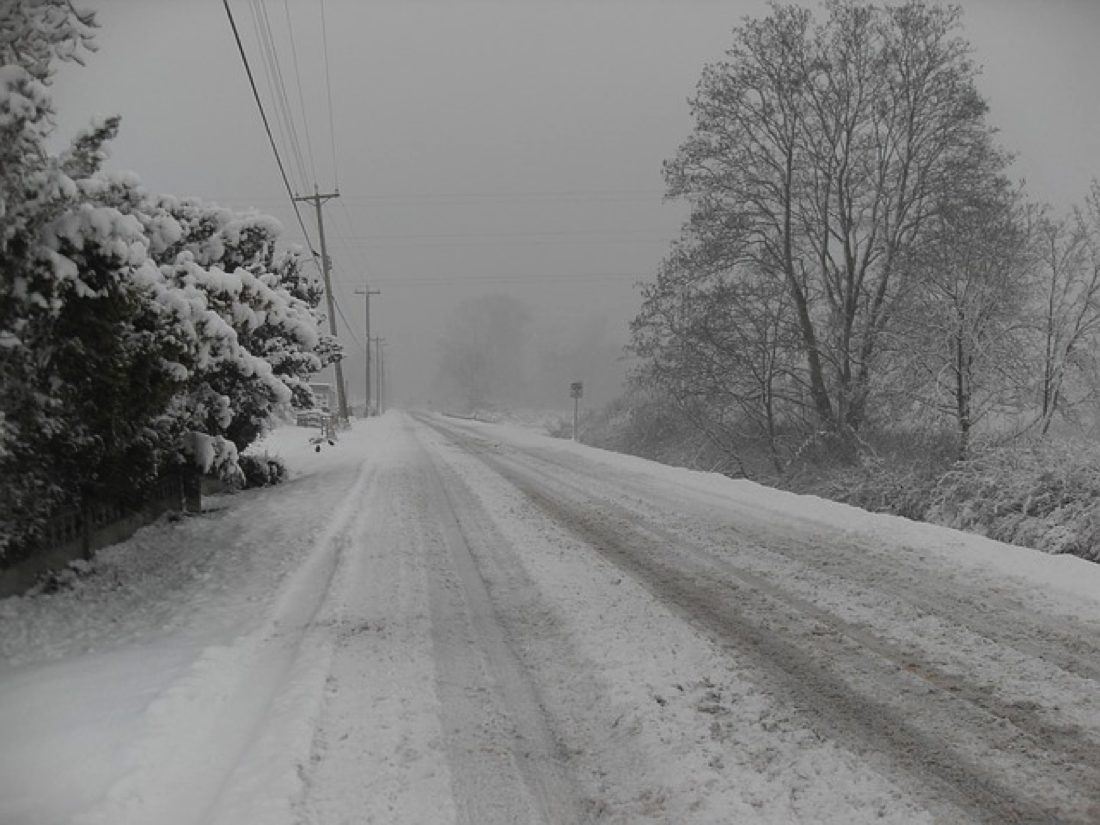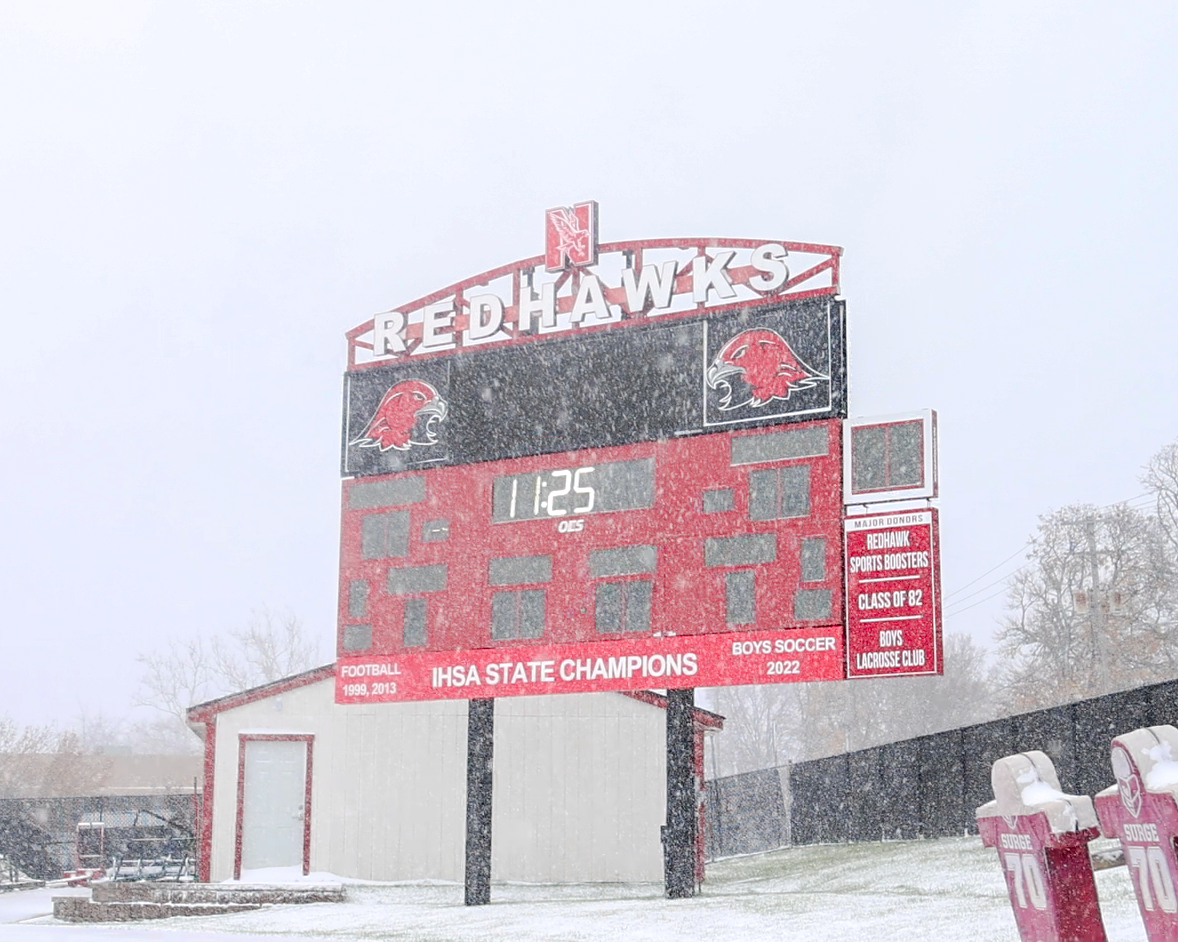5 tips for safer winter driving
January 8, 2015
With fresh snow on the ground, the inevitable is upon us: bad drivers, who have no idea how to handle a vehicle in these weather conditions, making mistakes that cause accidents.

Here are five ways that you can be more prepared for winter driving.
1. Slow down.
This one seems like common sense, right? Tell that to the guy going 45 mph on a road so slippery it’ll make even the sturdiest penguin fall to their little penguin knees in angst. This tip also goes along with increasing the distance between you and the car in front of you, and if you do start sliding, just take your foot off the gas. Slamming on the brakes will only make for less traction on the road.
2. Map your route.
A lot of areas are much more affected by the snow and ice than others. Side streets tend to be less plowed, but main streets are more chaotic because of the larger number of cars on the road. A quick Google search can tell you which areas are most congested, and if you’re lucky, how wet or icy the roads are.
3. Get an emergency preparedness kit.
This may seem like a slim possibility, but sometimes cars get stuck on the road, and most people don’t think it will happen to them until it does. To be fair, this is particularly rare, but it is not too much effort to throw a blanket, a small amount of cash and a flashlight. If you’re airing on the side of caution, a bag of cat litter is great to get your car unstuck.
4. Warm your car up.
Maybe you’re in a rush, maybe you’re just impatient, but many people just jet off the minute they get in their car even when there is below zero weather. It is a myth that you need to let the car idle for more than five minutes, which dates back to the 80’s and 90’s when cars were built with carburetors. The EPA suggests that you just drive at a lower speed for the first couple of minutes driving, and then you’re good to go.
5. Keep your fuel level above half.
Personally, I think this is something that everyone should do year round, just to be prepared, but it is even more pertinent during the winter. Keeping your fuel level above half drastically reduces the chance that your car will have a fuel line freeze up. Fuel line freeze up is caused when the moisture in the air in the gas tank freezes and clogs the line. This tip is more important for older cars, as their systems are less advanced than newer cars.







